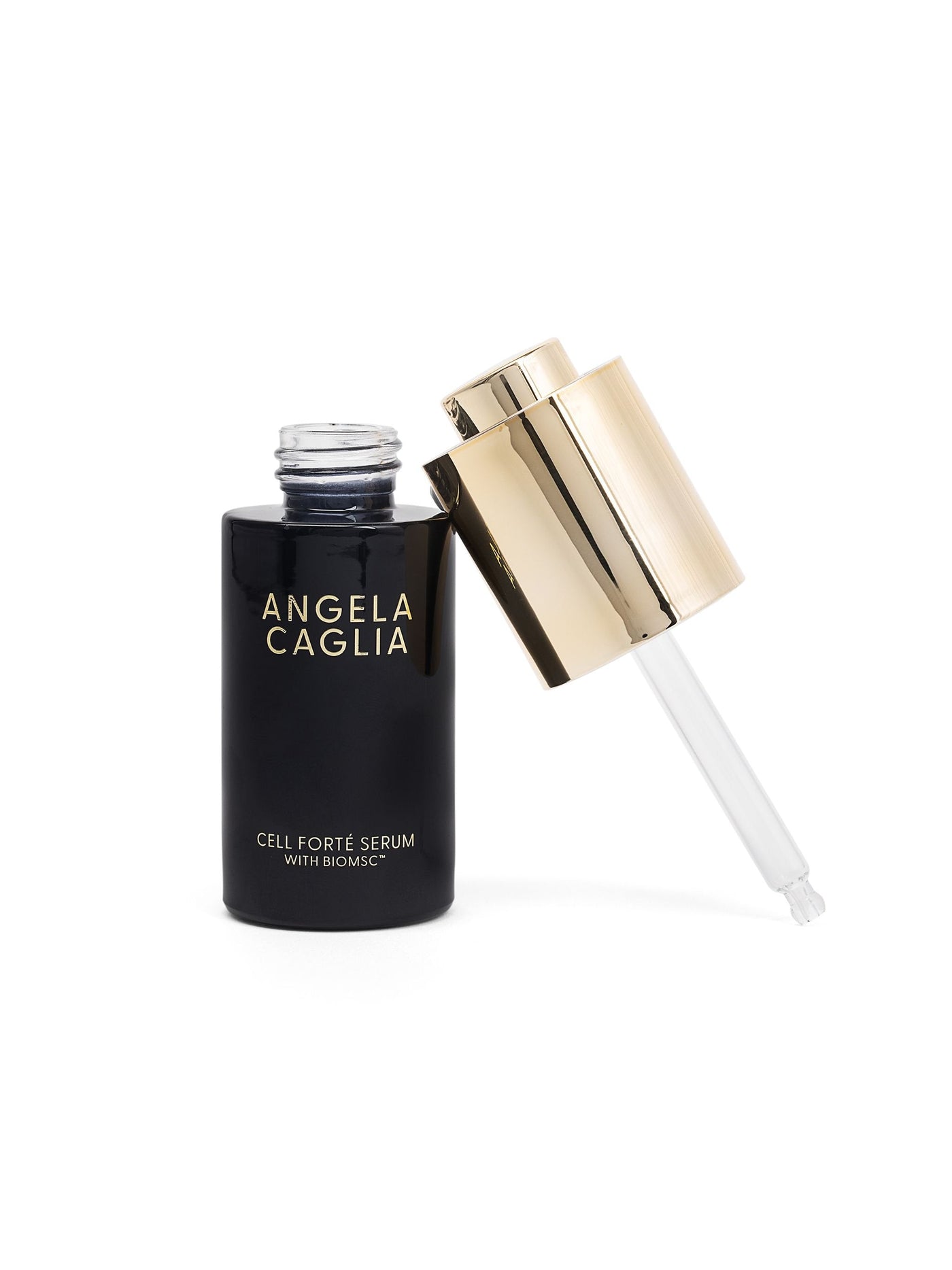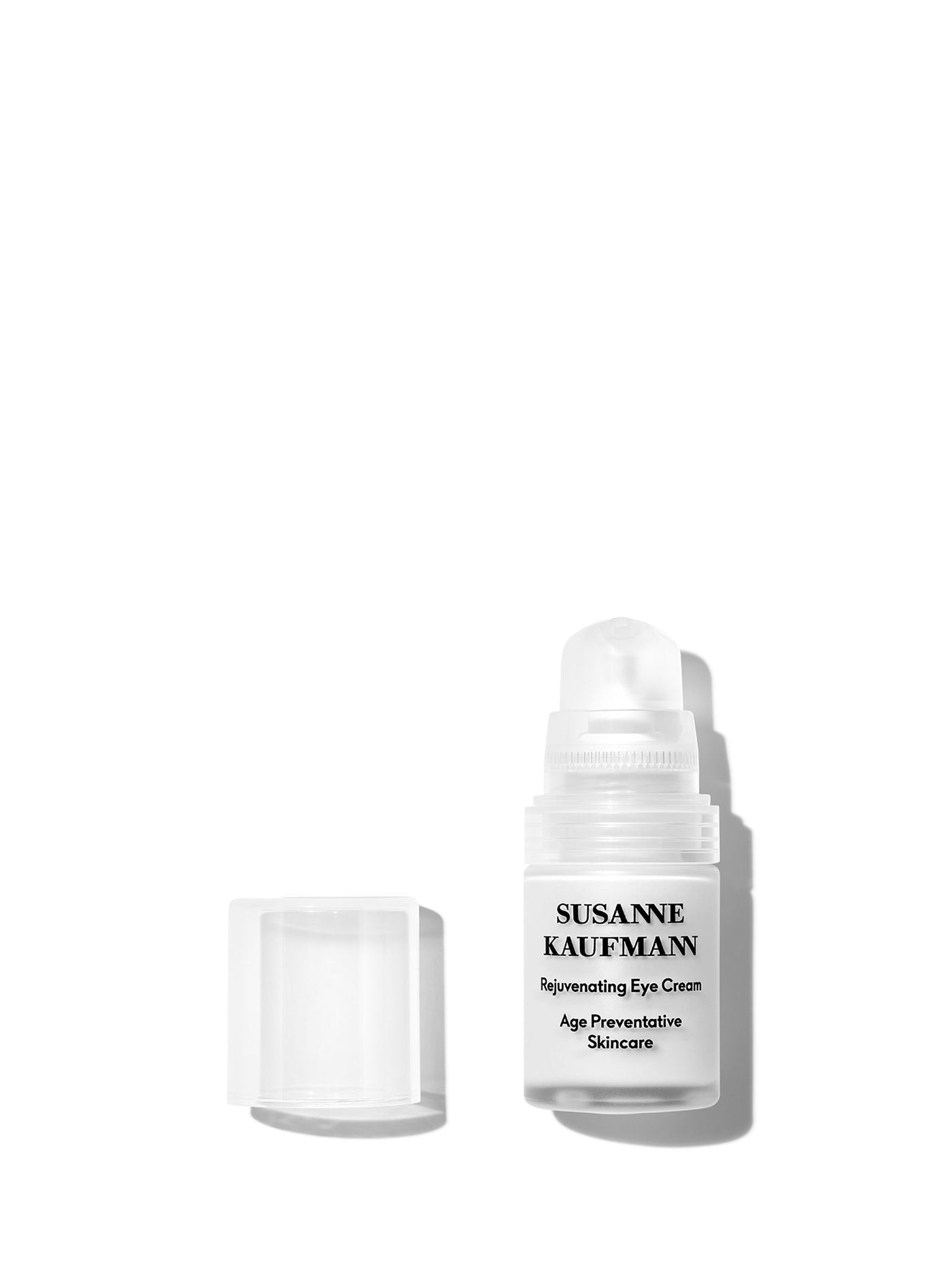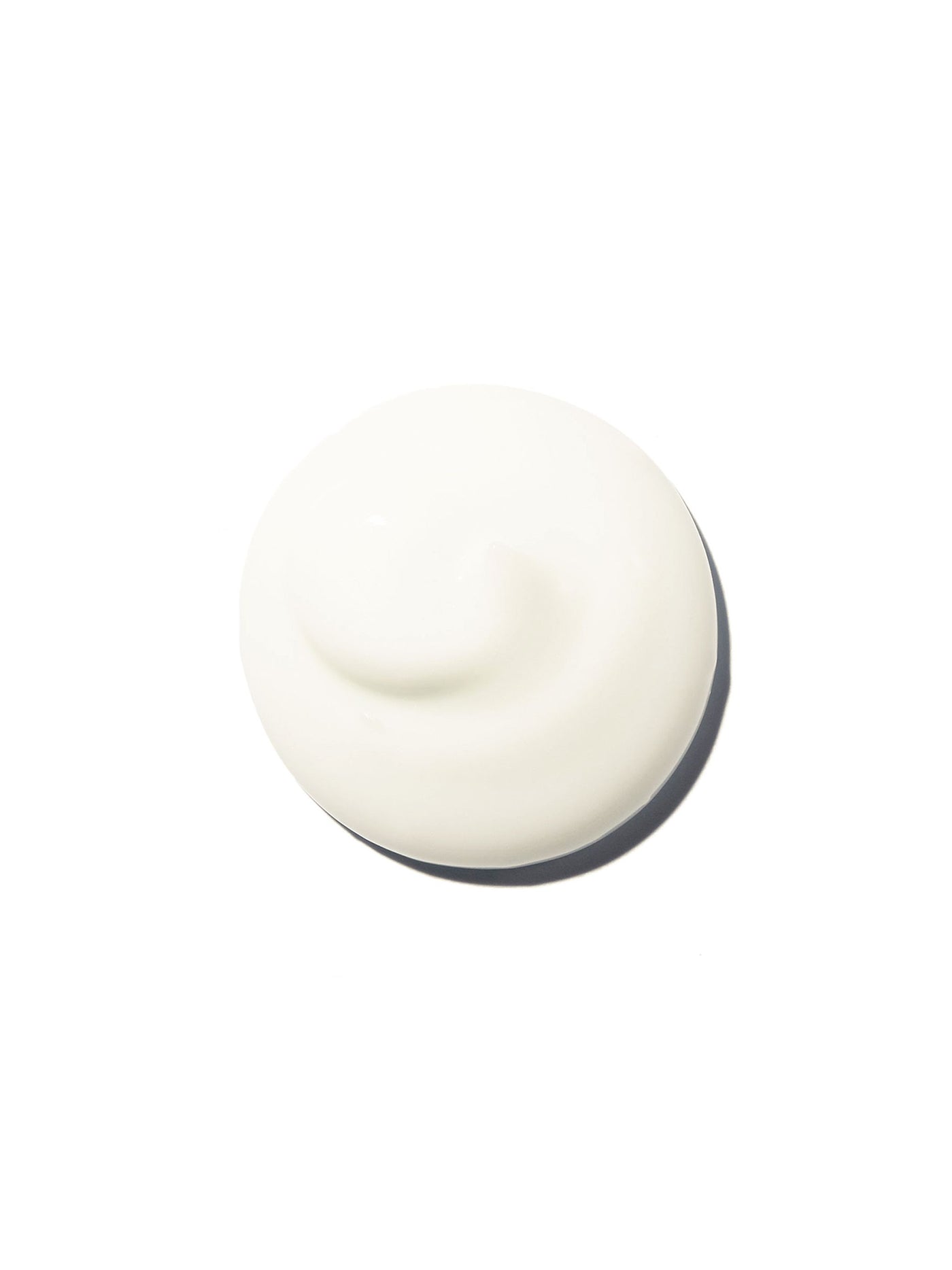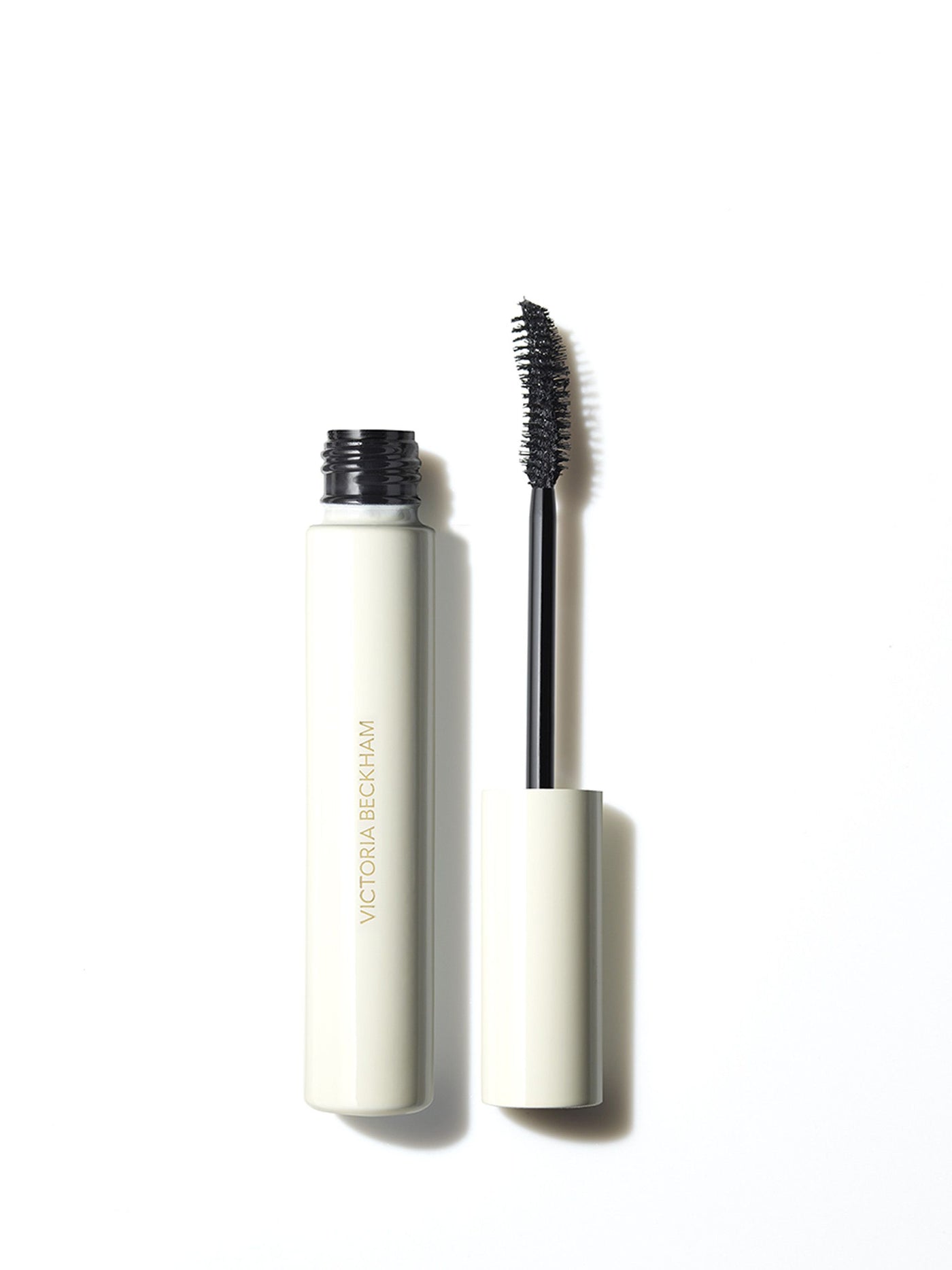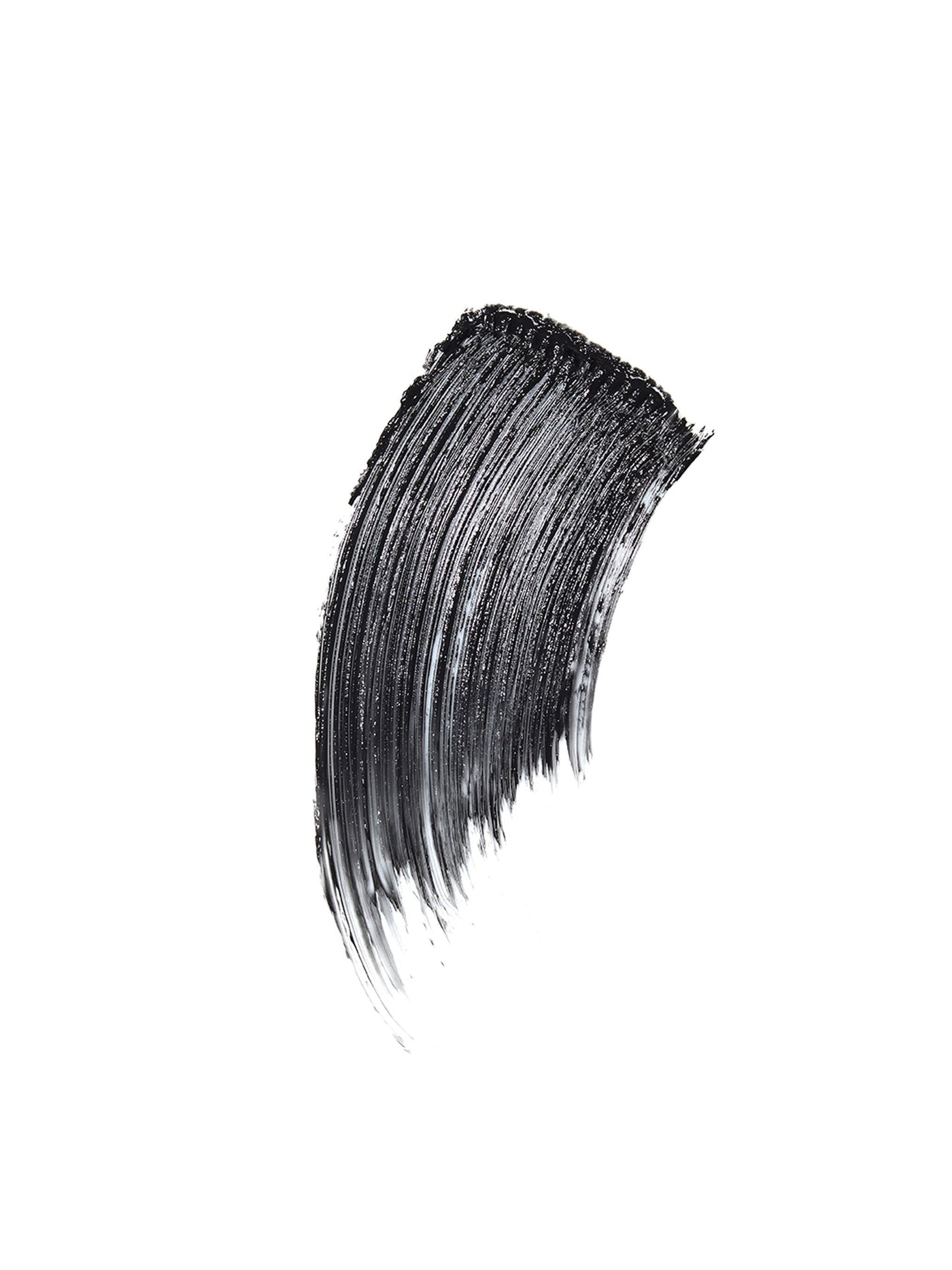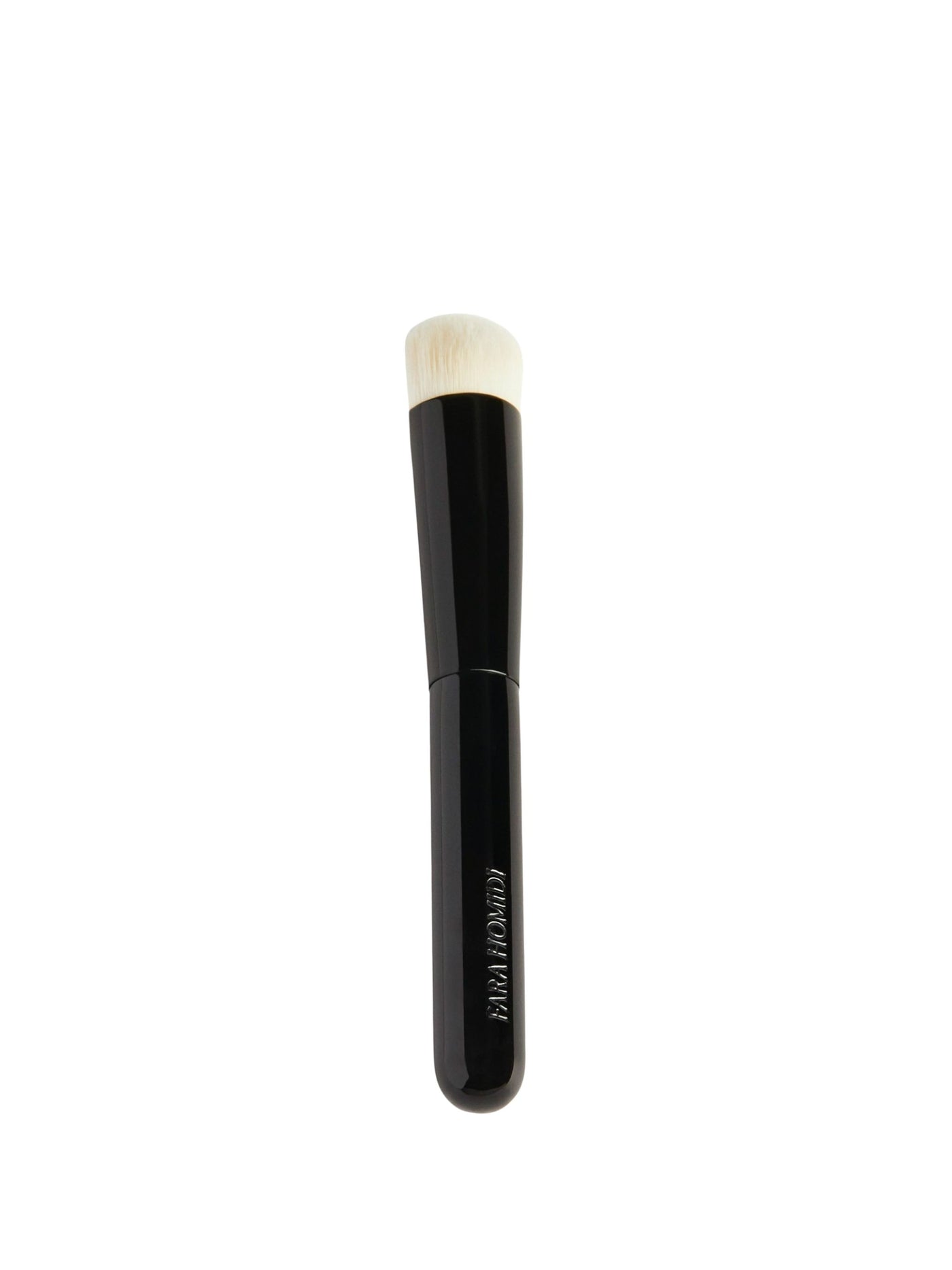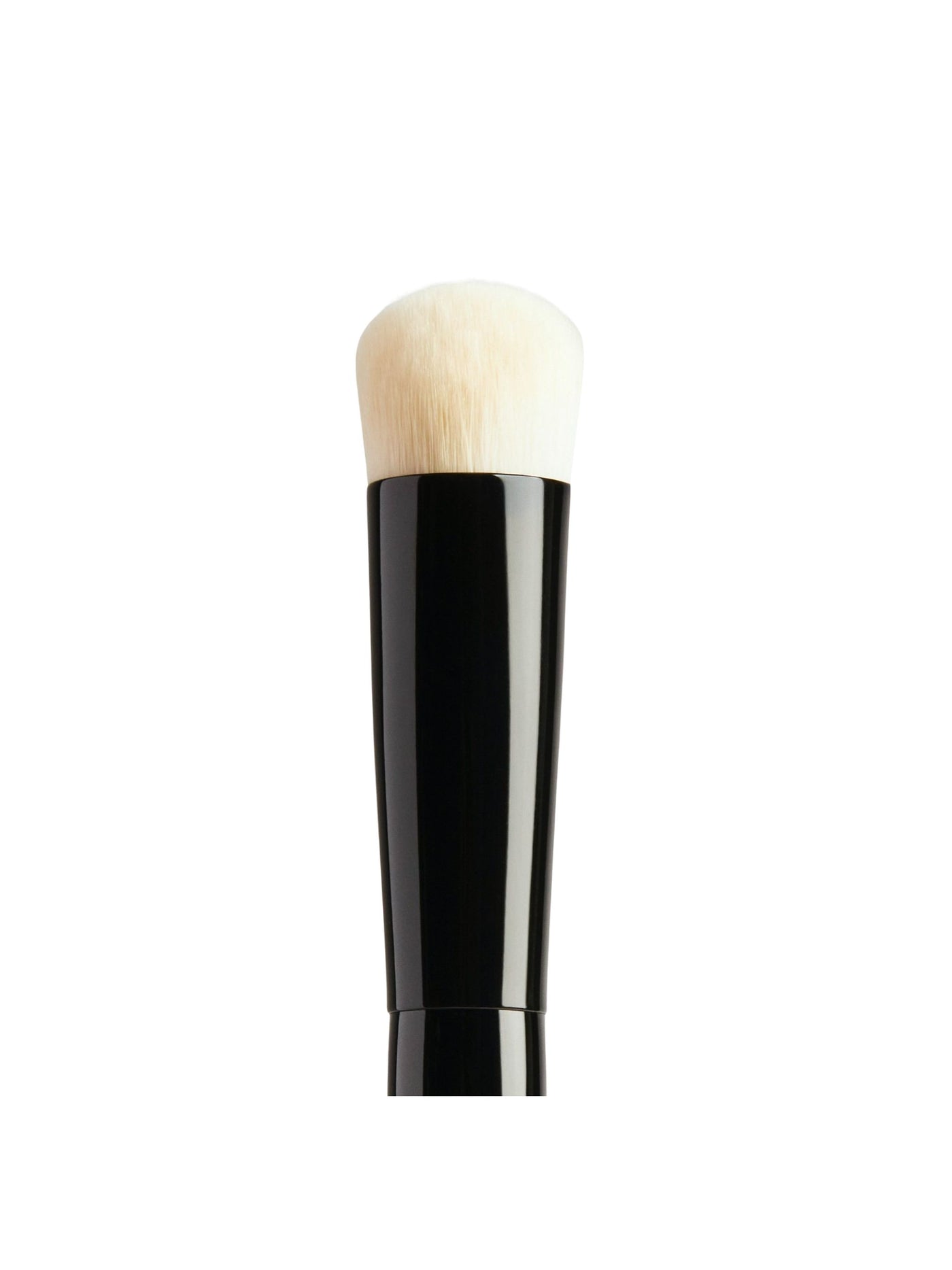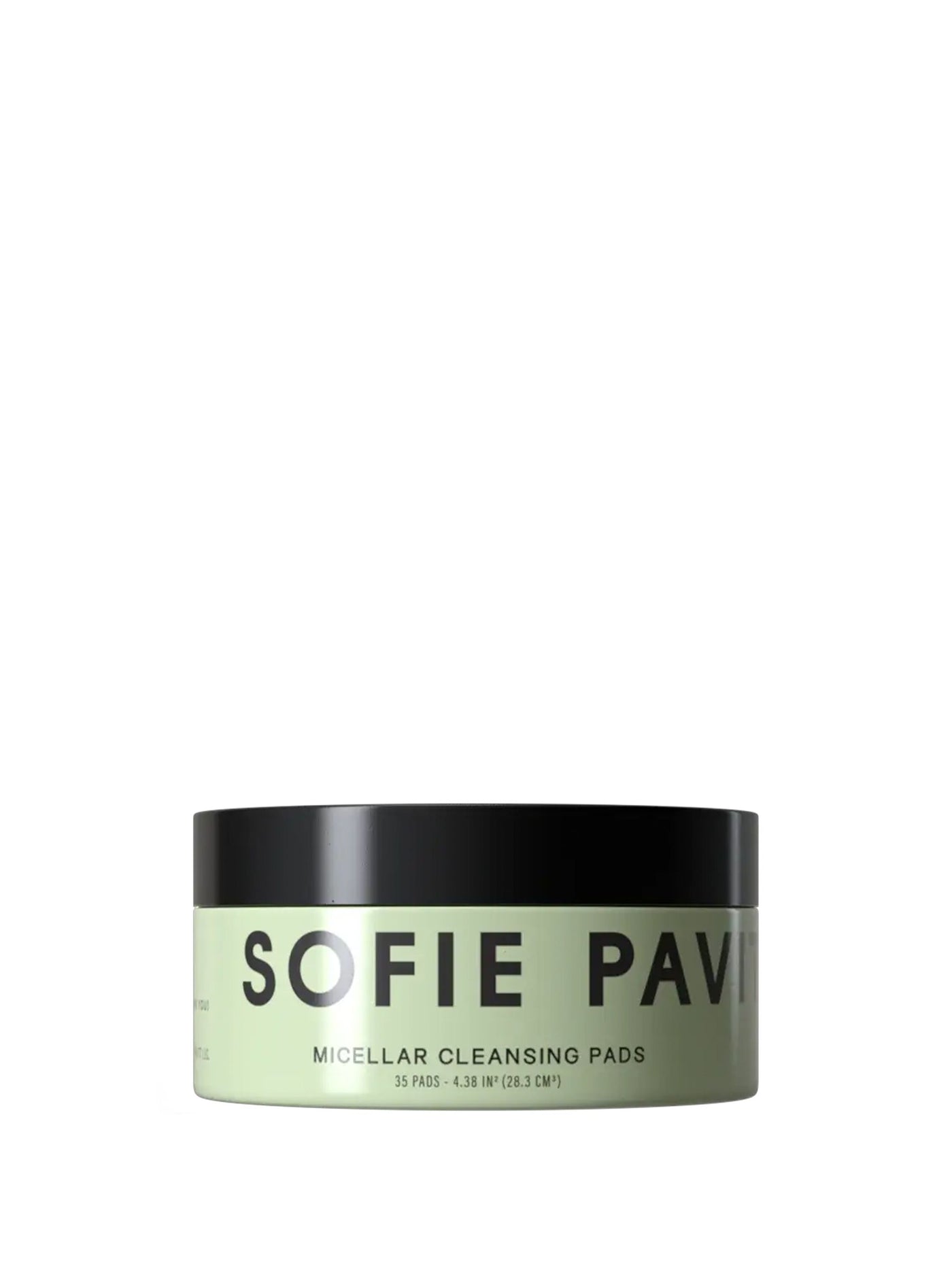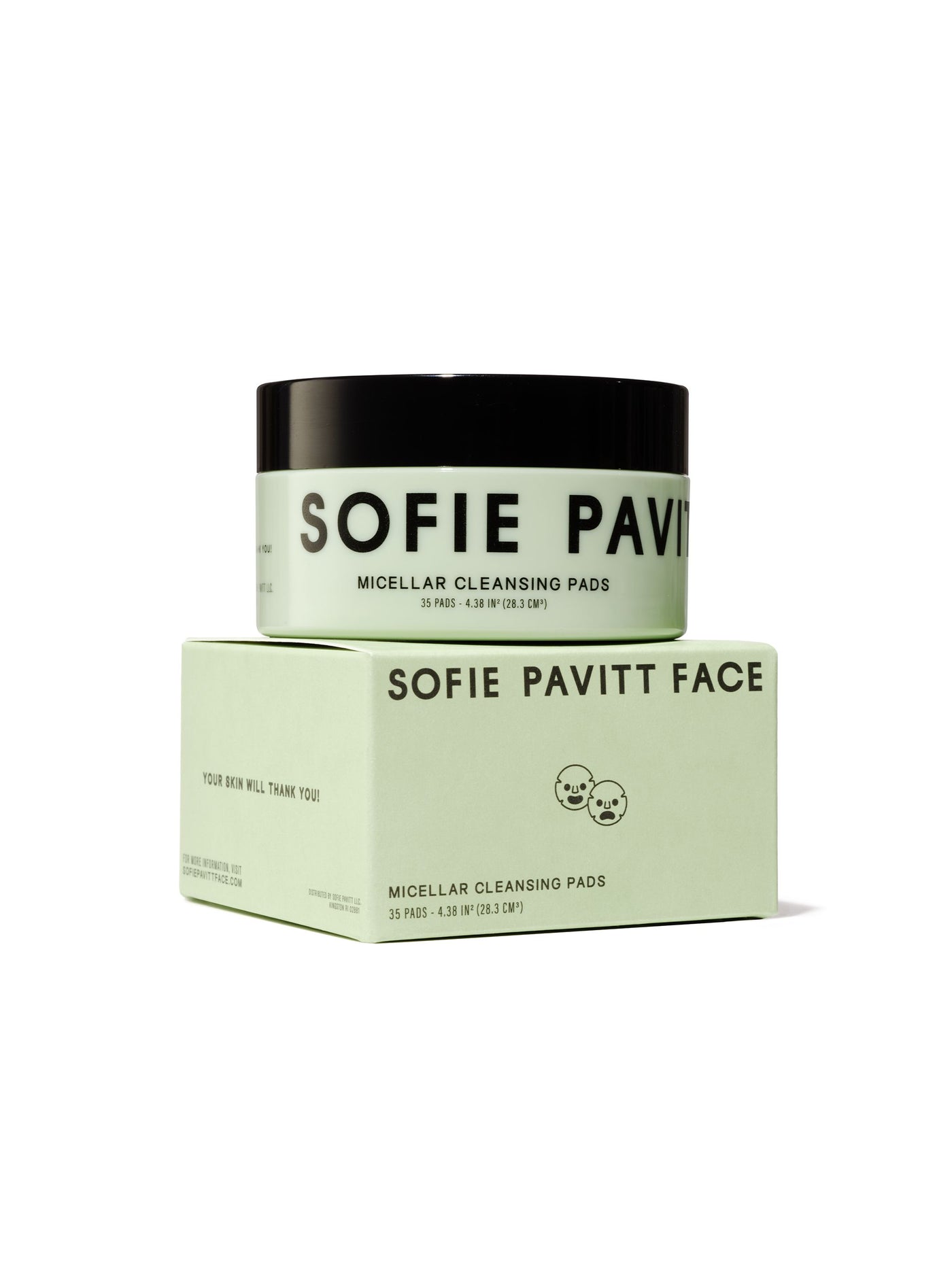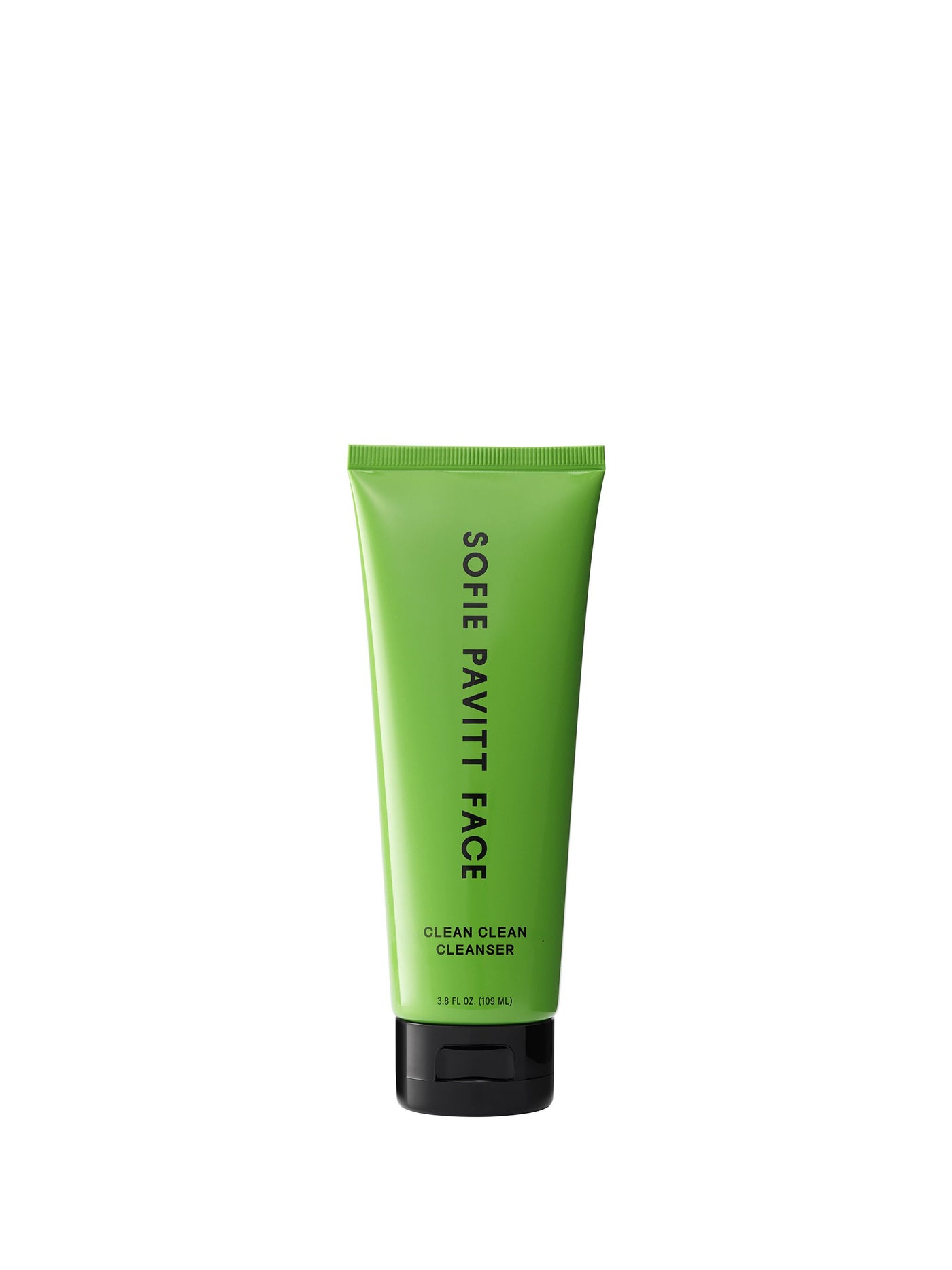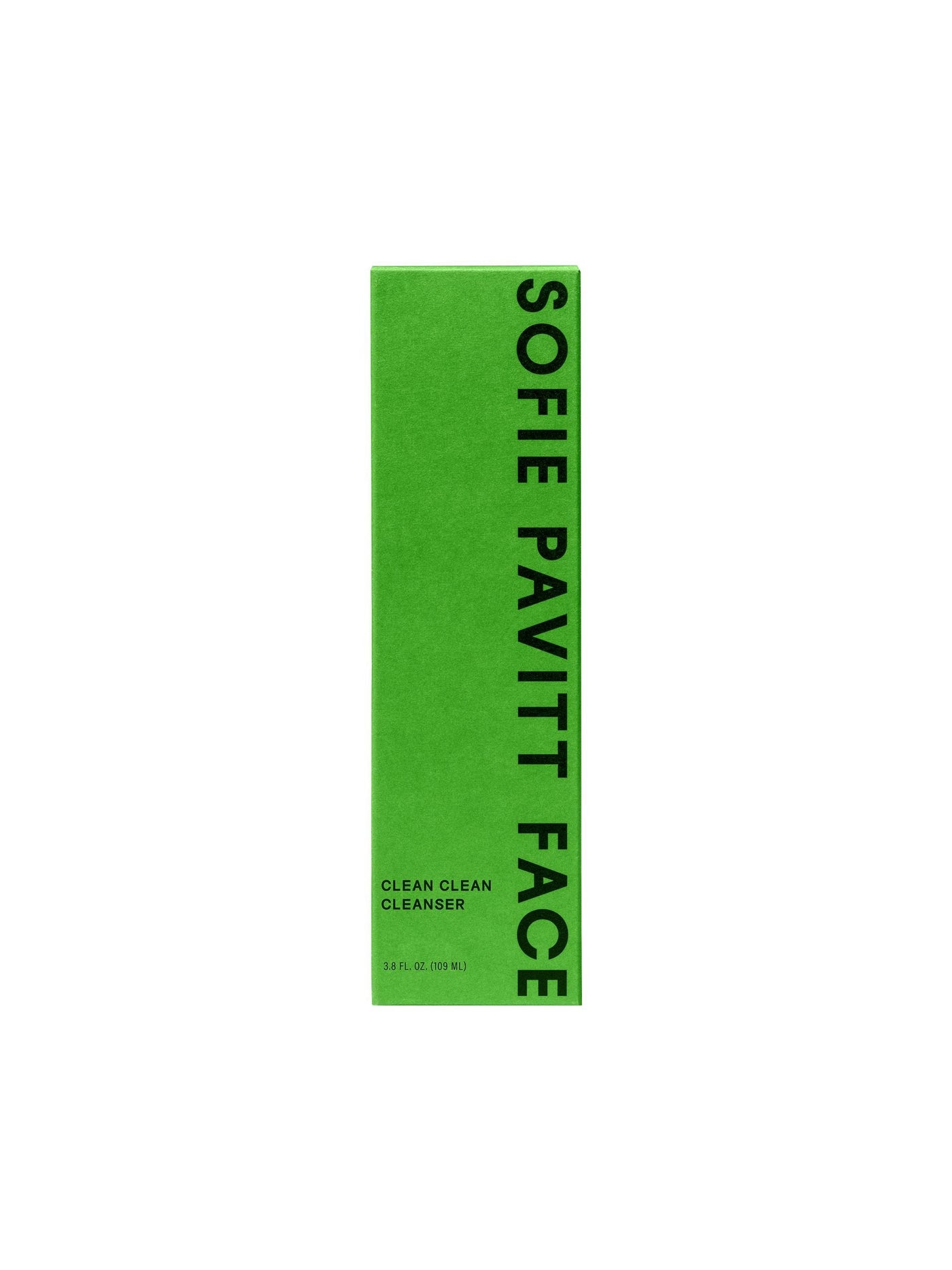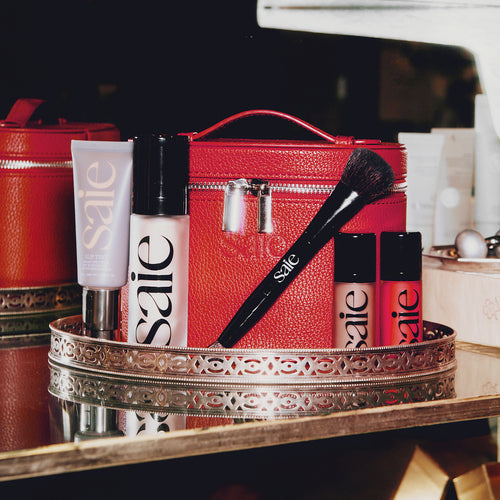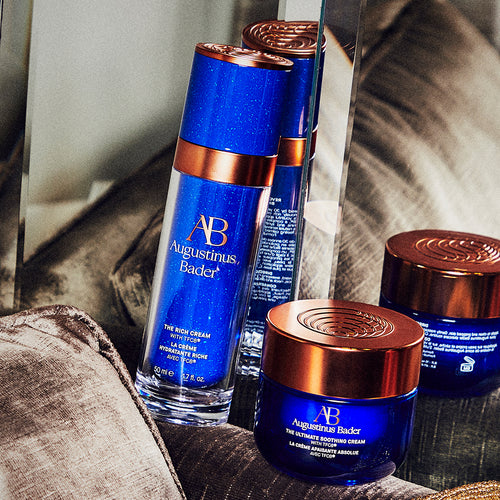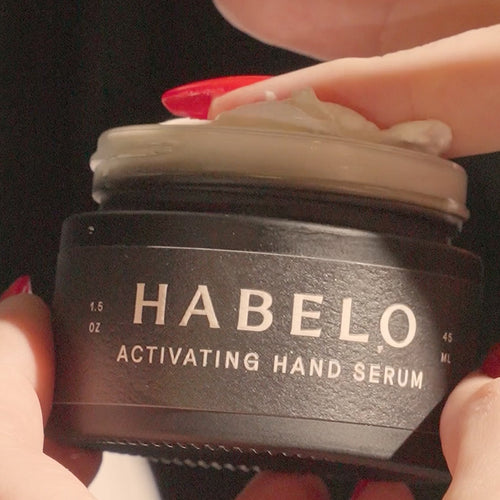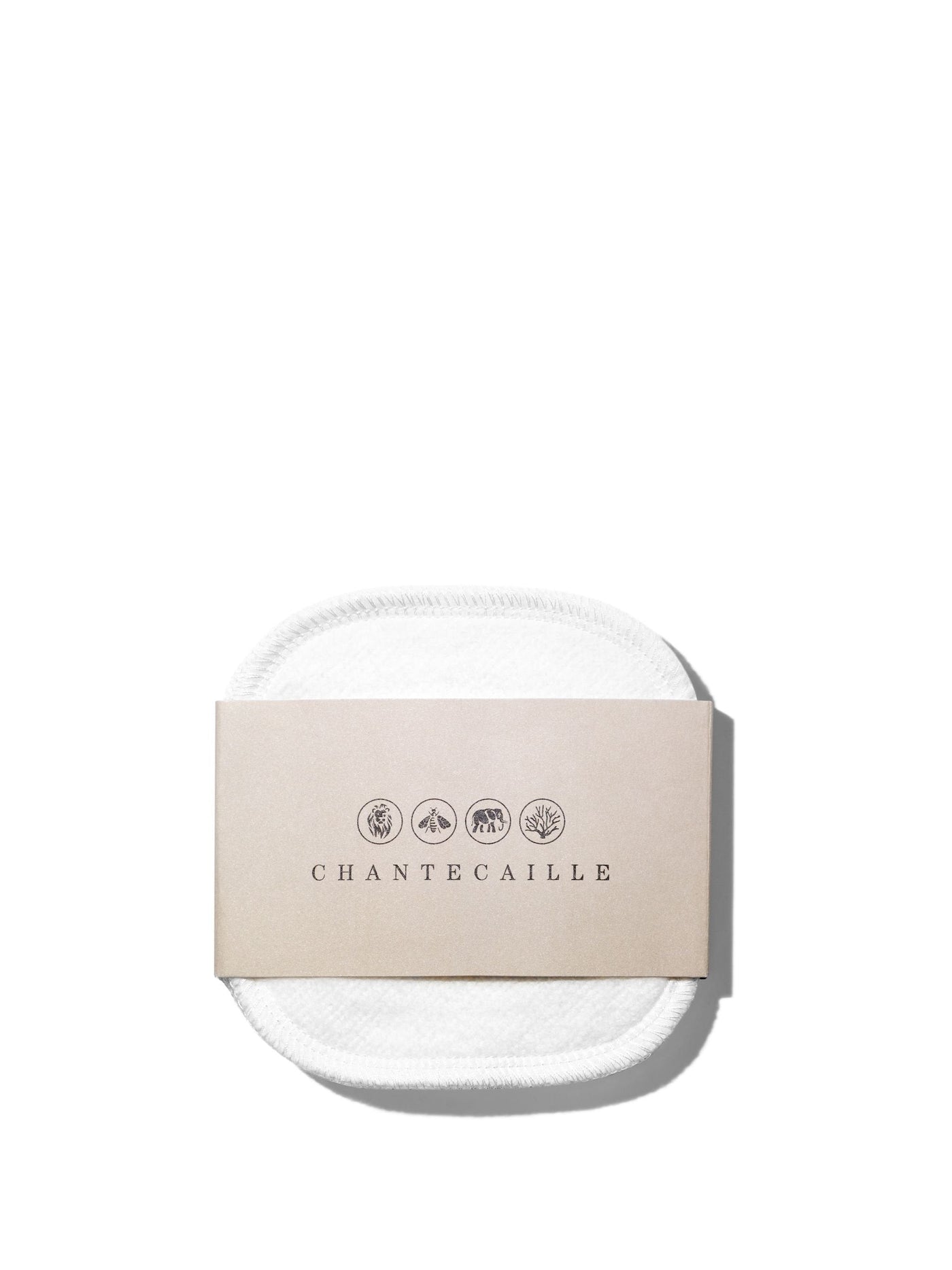A CANDID CONVERSATION ABOUT HAIR LOSS
![{"type"=>"root", "children"=>[{"type"=>"paragraph", "children"=>[{"type"=>"text", "value"=>"HAIR LOSS"}]}]}](http://www.violetgrey.com/cdn/shop/files/07c2a0f6-5f70-4a66-bfbb-ec6ef10aaf25_desktop-feature-post-covid-hair-loss.jpg?v=1740082476&width=800
)
It’s a sensitive subject, but one that is top of mind for a lot of people lately: hair loss. This troubling symptom can arise sometimes seemingly out of nowhere, and there are mixed messages on what causes it and how to treat it. In search of clarity and solutions, VIOLET GREY sat down with Functional Medicine practitioner Dr. Will Cole and Agent Nateur’s founder Jena Covello. Here, the two give us insight into the many factors that can cause thinning hair and breakage, what lifestyle changes we can make to take better care of our hair, and what makes their Holi (Mane) collagen supplement so damn effective.
01
WHY IS EVERYONE LOSING THEIR HAIR RIGHT NOW?
DR. WILL COLE: So it's a vast confluence of factors. I think to really answer that question, you have to look at the statistics of what we're facing as a society. Hair loss is a check engine light that something's going on underneath our proverbial hood. We have a vast epidemic of digestive problems, which impact nutrient absorption, and therefore a lot of nutrient deficiencies that people don't know, and we have a lot of autoimmune problems, of which many of them can have hair loss as a component of them. What's driving it is different from person to person, so it's complex.
JENA COVELLO: I think stress also plays an incredible role in hair loss. I know women who have been so stressed during COVID, who may have not gotten it that bad, but maybe they lost a loved one, or they were just so stressed out from the lockdowns, and their hair completely changed. It put an exorbitant amount of stress on all of us, and that was definitely a contributing factor.
02
YOU JUST TOUCHED ON THIS, BUT WHAT ARE THE MOST COMMON TRIGGERS FOR HAIR LOSS AND THINNING?
JC: Definitely iron and anemia. And I know that some people, maybe they don't need iron, it may be an underlying factor of why they're not absorbing iron properly. But for me in particular, my cycles were so heavy, and my iron level was so low, so that was a huge factor for me, personally.
WC: So the old saying is, "We are what we eat." But ultimately we are what we absorb, and if the body is having trouble absorbing things, if the gut's inflamed, or if people are dealing with stress which impairs the absorption and utilization of nutrients, all of that has an effect. If you can give your body the most bioavailable source of certain nutrients, both from a macronutrient standpoint and a micronutrient standpoint, you're going to see better results. That’s why holi(mane) works so well. It goes back to the nutrient absorption issues. The ingredients are highly bioavailable, absorbable...the body can use it very effortlessly.
03
IS THAT BIOAVAILABILITY THE REASON WHY PEOPLE SEE SUCH AMAZING RESULTS FROM TAKING HOLI (MANE)? THE ENTIRE VIOLET STAFF IS HOOKED.
WC: It’s the high-quality marine collagen in the formula; these amino acids are the raw materials to make tissues like our hair, healthy skin, and strong nails. When people are loading up on these other protein powders (like a dairy protein, whey protein, egg protein, soy protein, or another plant protein) they're causing some sort of low-grade inflammatory response, maybe some digestive problems. And this form of marine collage, is one of the most widely acceptable to the body. The vast majority of people, really, their body loves it, and so that's a huge part of it.
And the pearl, which is a great source of minerals.t also has an adaptogenic quality where it helps to modulate your body's resilience towards stress, so it really supports the brain-adrenal axis, too. So there's a multifactorial reason as to why people are seeing good results with Holi (Mane).
04
LET'S TALK MORE ABOUT THE CONNECTION BETWEEN STRESS AND SHEDDING.
WC: So when your body's in a low grade, or high grade, some sort of level of chronic stress, that's going to cause a cascade of dysregulation, not just in the nervous system, but impacting the gut-brain axis and absorption issues.
It's going to impact the brain hormonal axis as far as the cortisol rhythm, estrogen, progesterone, testosterone. So it's going to cause a ripple effect, and then it's going to raise inflammation levels, which further perpetuates problems. So it's a cascade of dysregulation in the body that will impact many things in the body, but one of which can be your hair.
05
ARE THERE ANY DIAGNOSTIC TESTS YOU CAN DO TO PINPOINT THE EXACT CAUSE OF SHEDDING?
WC: Yes, a full blood panel is going to be very insightful. Looking at it through the lens of functional medicine, we are looking at optimal, not average. So at the Institute for Functional Medicine, the Cleveland Clinic's Functional Medicine Center, all of us are trained through the Institute for Functional Medicine. This is what all of us doctors that are IFM trained are looking at, this optimal functional range of where your body's functioning the best, so if you're not there, we can get you there.
JC: I think also what's great to add is if you look at my hair prior to being treated by Will and then after, my hair was so thin. And I think when you're a woman in your mid-thirties, if you're not correcting all the hormonal issues that are going on, you start to notice these things with your thyroid, your vitamin D levels, your iron absorption, because I was very anemic when I came to. My blood work was awful, I was in chronic pain, and my hair was just awful. I have the before and after pictures, it's really insane, of how different it is now.
JC: I have a question for Will about hair. What I noticed is, because I take Holi (Mane) every day, I shave in the morning, and by night time I have to shave again. That's how fast the hair on my leg grows. Why does it make the hair grow faster? And how much faster do you think it makes it grow?
WC: It's probably dependent on the person. You've been working on your gut health for a long time now, so I think that you have very ample absorption of nutrients and that maybe you already have the propensity for that to happen, genetically. You're providing your body just... look at the minerals that are in the pearl. You're getting bioavailable sources of iron, selenium, magnesium, silica, iron, plus the amino acids from the marine collagen. That's huge for hair growth. The way that I would think about it on a practical level is like you're giving your body the raw materials to have healthy hair across the board.
JC: So when people ask me, "How much faster will my hair grow?" I'm not sure of that answer, I just know my leg hair is growing really fast. And they're like, "Do I have to wax more often?" I'm like, "Yeah, it makes all the hair just grow faster everywhere." People do ask.
06
HOW WOULD YOU DEFINE NORMAL SHEDDING, VERSUS EXCESS SHEDDING? OR WOULD YOU?
JC: I want people to know that there is a difference between shedding and breakage. So a lot of women think that their hair is shedding, but their hair is really over processed from dye and highlights. I had some really intense bad highlights in Paris last summer, and I have crazy breakage right now. The whole crown of my head is broken off, basically, from highlights.So that’s number one. And two, I would say it also depends on how much you wash your hair. There's some people who wash their hair once a week, so when they brush their hair throughout the week, it's actually going to shed more. On average, I think you should be cleaning out the brush probably once every three days. But when you're not washing your hair so much and it's dirtier, you could clean the brush every other day. But I think if you have to clean your brush out and it's really shedding, if you see a significant amount of hair left over in your brush in one day, I would say that that's abnormal shedding.
Would you agree with that, Will?
WC: Yes. And, there's so much bio-individuality with this. People know if it's an uptick for them. So people need to be mindful and check in with themselves and not normalize things, because oftentimes there's so much medical gaslighting around this, especially with hair loss for women, it's de-legitimized. When people bring it up in their doctor's office like, "Oh, well, it's not that big of a deal, just you're just getting older. You're just a new mom, you're just stressed."
And then they're not really given any solutions for it. Even though it's a massive problem for somebody's mental health and how they look, and beyond it being a mental health issue, again, it's a check engine light. There's something going on here. So hopefully this piece can really give hope to people that are just told, basically, it's not important, just get over it.
JC: I do notice that women who are in menopause, or postmenopausal, have dry brittle hair. It does seem like there is a connection between the thyroid and the hair.
WC: Oh, for sure. It's one of the leading causes. Let's just say iron deficiency and low thyroid are going to be the two most common drivers of hair loss.And the thyroid loves the minerals in the pearl. It is providing the cofactors your body needs to make the enzyme that activates the thyroid hormone basically.
07
JENA, YOU WERE TALKING ABOUT BREAKAGE. IS THAT PART OF WHY YOU CREATED THE TOPICAL HAIR PRODUCTS?
JC: I wanted to find something that bonded the hair that didn't have any harsh silicone in it, because silicone dries over time. If you put in a hair bonding treatment or oil, at first it looks great, but over time, it actually dries your hair out further. And ours is made with French silk peptides, which actually repair your hair over time, and make your hair so silky and shiny. So it's not something temporary, it's something that's actually benefiting your hair And so the growth serum was something topical to go along with holi(mane).
And so my friend Dara, she had found all of these Ayurvedic oils that had a lot of science behind them, and we combined them with science-backed actives that I found in Europe. Redensyl is one of them, Follicusan is another. At Redensyl, when you look at the studies, it is twice as effective as Minoxidil, which you need a prescription for. And so I found that to be fascinating because it's also safe if you're pregnant and breastfeeding.
08
WHAT ARE SOME LIFESTYLE CHANGES PEOPLE CAN MAKE TO JUMPSTART GROWTH?
JC: I think it's really important to talk about the steam room and sauna. If people go in with dry hair it can cause a lot of breakage and damage. So, they really want to treat the hair, make sure they're putting on a conditioner or a hair mask. I love to wet my hair and saturate it from roots to midsection with holi(locks) and then the ends I saturate in hair silk, and then it becomes a treatment in the steam or sauna, because then the heat is actually making that absorb into the hair, rather than going in with just dry hair, which can cause a lot of breakage.
There's one other thing to touch on, too, that we really avoid saying, because we might feel shy or embarrassed or we don't want to come across as difficult, but when we go for blow drys, they're ripping at our hair a lot of the time. I've seen people literally rip my hair out and not be gentle with it. And you have to say in a kind way, "Hey, can you be gentle with my hair? Can you not rip at it?"
And I find when water is really hard, like in LA we have extremely hard water, same for Miami, I can't even get a brush through my hair when I get out of the shower because the water's so hard. But with Holi (Locks) and Hair (Silk), if you use them as treatments prior to washing, it's crazy. The hair feels like silk after you wash it.
09
WILL, WHAT DO YOU RECOMMEND FOR LIFESTYLE CHANGES?
WC: Vitamin C is important and making sure you're getting it from a good source of vitamin C that your body tolerates. Liposomal or a whole food source of it, like a acerola or camu camu, or some sort of citrus polyphenol-rich berry like that. And, I think stress management. It's a tough topic to talk about because it's very nebulous, and it's so individual in what that even means, and what that person's own resilience capacity is.
Sometimes people think just because something's common that it's normal. And just because something's there every day, doesn't necessarily mean it's good for their health. And I think people should really look at—are they constantly under stress? Is there a background anxiety? And then really the power of meditation, and breath work, saying no, and healthy boundaries, and staying home resting are hugely therapeutic and medicinal to people's overall health, so you can't underestimate that.
Sleep is another one. If someone's not sleeping well and repairing through the night, keeping cortisol levels up throughout the night, because they're not falling asleep or staying asleep appropriately, that is contributing to a whole array of different problems, hormonally, inflammation wise, repair wise, autophagy wise, which really could put a dent in not only hair health, but a lot of different things in the body.


